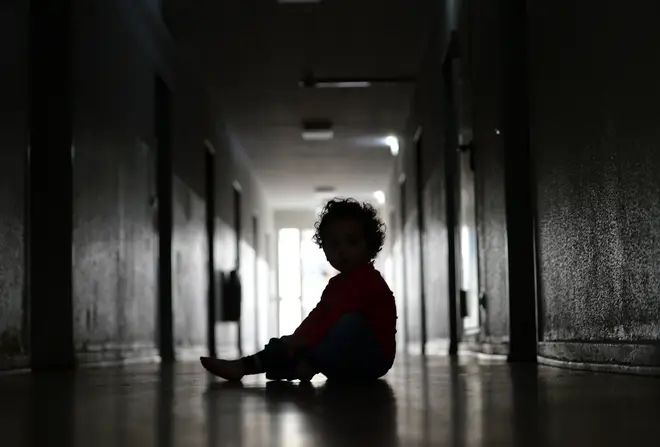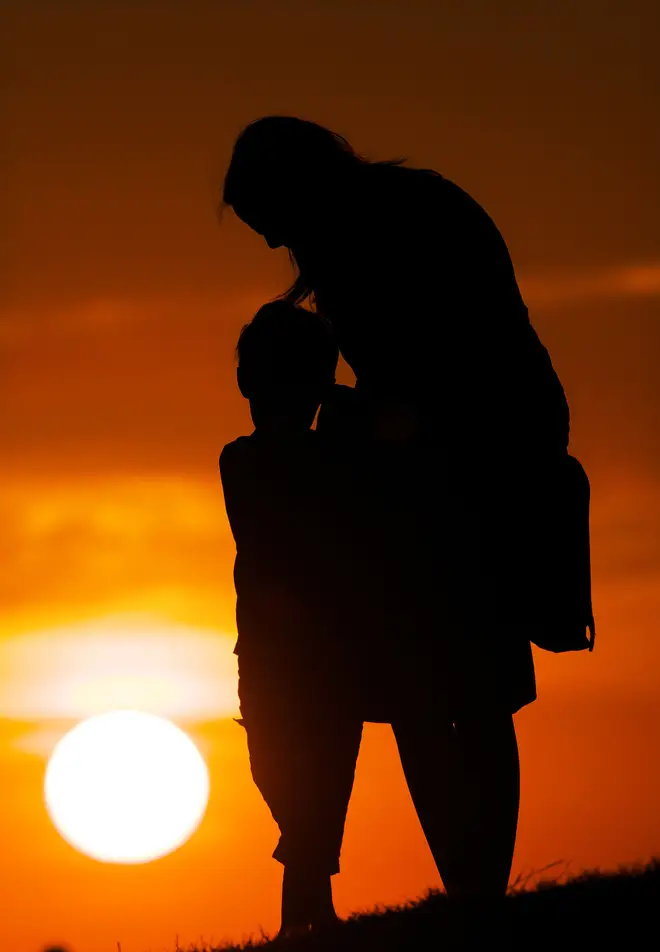
Ali Miraj 12pm - 3pm
30 September 2019, 11:38

Foster carers are calling for guaranteed contact time to be banned as hundreds of child trauma victims are being forced to visit abusive parents.
More than half of fosterers said that the practice has meant that their child has spent time with an abusive parent.
85 per cent of parents believe it should be illegal for abusive parents to be guaranteed contact time.
The figures come after the Centre of Excellence in Child Trauma (CoECT) received 1,125 responses from parents who have adopted, fostered, or cared for children who have experienced trauma.
The current law says children's wishes will be taken into account but will not ultimately determine what happens.
Children's services can stop contact if they deem it necessary to safeguard a child's welfare, but this only lasts for 7 days before a court order must be obtained.
Cours still view contact as being in the best interests of the child, and see both parent's involvement as a positive thing for the child.
Furthermore, there is currently no law banning contact for parents who have abused their children.
The figures come after it was reported earlier this year that abusive partners could be banned from seeing their children with the government launching an inquiry into “secretive” family courts.
The inquiry will be “wide-ranging”, but it is understood that it will particularly assess where there is room for improvement or strengthening regarding parental access rights.

Sarah Naish, the founder of CoECT, said: “You would not expect to meet your rapist once a month for a cup of tea, so why do we force children to keep seeing their abusers?"
“Looking at the poll alone, this is evidence that over 500 children have been marched back to visit their abusers."
She continued: “From stories I hear on a daily basis this is the tip of the iceberg and something needs to be done."
"This should be regarded as one of the biggest scandals in the British legal system.”
Rosie Jefferies, managing director of CoECT who grew up in care, said: “Contact was a very scary time when I would have to see the people I feared the most – the killers of my two siblings."
“My birth father would always scowl at me, watch me and make sure I didn’t say anything I shouldn’t. I felt terrified and trapped."
"It was incredibly confusing to me that I was told by my social worker I was in a safe place, yet my birth parents were there. I felt uncertain, unsafe and did not understand why this was happening."
She continued: “When I think back to when I was forced to have contact, I can remember being too scared to say I didn’t want to go. I viewed all adults as very dangerous and it was hard to know who to trust."
"If I said I didn’t want to go and they told my birth parents they might get angry again. I didn’t want them to hurt anyone else so I smiled and went along to protect my siblings."
“My experience is not unique – children are still being forced to have contact with abusive parents. We need to see a change in the law that prioritises child welfare over the contact right of parents who have committed the worst crimes imaginable.”